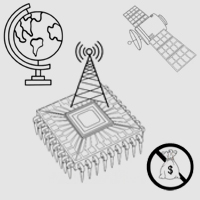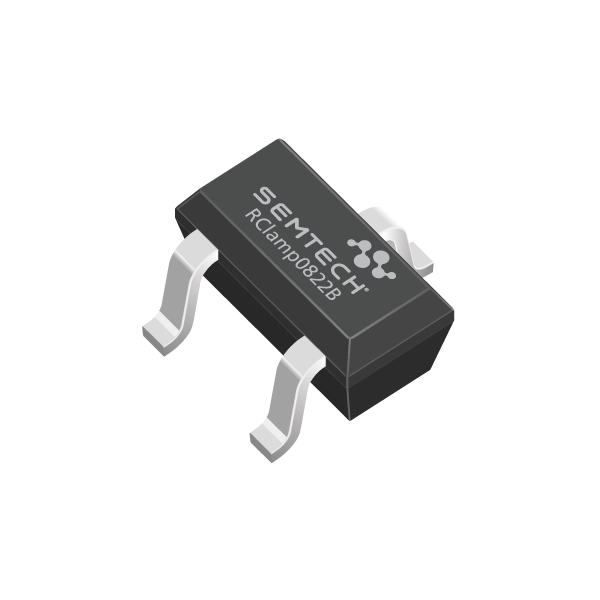Featured Products
Explore our latest high performance analog and mixed-signal semiconductors — built with purpose and precision.

Our Expertise
Delivering advanced technologies that drive business forward, making the world safer and more connected.
IoT for a Smarter Planet
- Serving enterprises and municipalities across the globe
- Solutions for utilities, agriculture, healthcare, transportation, and more
- Over 280M connected end nodes worldwide

Data Centers
- Lower power, lower costs and reduced latency technology
- Powering everything from Cloud storage to streaming services
- Support hyperscale data centers, 5G wireless and 10G PON systems

Mobility for Today’s World
- Electrostatic discharge (ESD) protection for mobile displays and more
- Smaller, low-powered, high-performance mobile platforms
- Protection against dangerous radio frequency signals
Platforms Designed to Perform
Discover innovative products for everything from industrial equipment and infrastructure to high-end consumer goods.Corporate Sustainability (ESG)
Semtech is committed to making the world safer, more productive and more sustainable — for everyone.
Semtech Corporate Sustainability Report
Semtech's first Corporate Sustainability Report reflects our commitment to advancing the global sustainability agenda.

Semtech Releases Inaugural Corporate Sustainability Report
May 3, 2023
Reflecting commitment to advancing the global sustainability agenda and aligning with the United Nations Sustainable Development…















.jpg)

